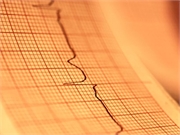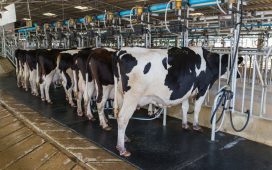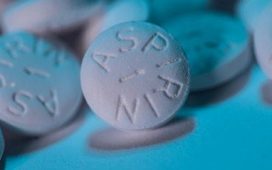After adjustment for comorbidities, risk remained significantly increased with vital exhaustion
TUESDAY, Jan. 14, 2020 (HealthDay News) — Vital exhaustion is associated with an increased risk for incident atrial fibrillation, according to a study published online Jan. 13 in the European Journal of Preventive Cardiology.
Parveen K. Garg, M.D., from the University of Southern California Keck School of Medicine, and colleagues conducted an analysis of 11,445 Atherosclerosis Risk in Communities Study participants who were free of atrial fibrillation at baseline (1990 to 1992). Vital exhaustion was assessed at baseline and was defined as a score in the highest quartile on the Vital Exhaustion Questionnaire; antidepressant use was self-reported at baseline.
The researchers found that during a median follow-up of 23.4 years, 2,220 incident atrial fibrillation cases were detected. Participants in the highest quartile of the Vital Exhaustion Questionnaire (versus the lowest quartile) and those reporting antidepressant use had elevated atrial fibrillation risk (hazard ratios, 1.45 and 1.37, respectively) after adjustment for age, race-center, sex, education, and height. After additional adjustment for relevant comorbidities, the risk for participants in the highest quartile of the Vital Exhaustion Questionnaire remained significantly increased (hazard ratio, 1.20). Anger and poor social ties were not significantly associated with development of atrial fibrillation.
“The importance of avoiding exhaustion through careful attention to — and management of — personal stress levels as a way to help preserve overall cardiovascular health cannot be overstated,” Garg said in a statement.
Abstract/Full Text (subscription or payment may be required)
Copyright © 2020 HealthDay. All rights reserved.








